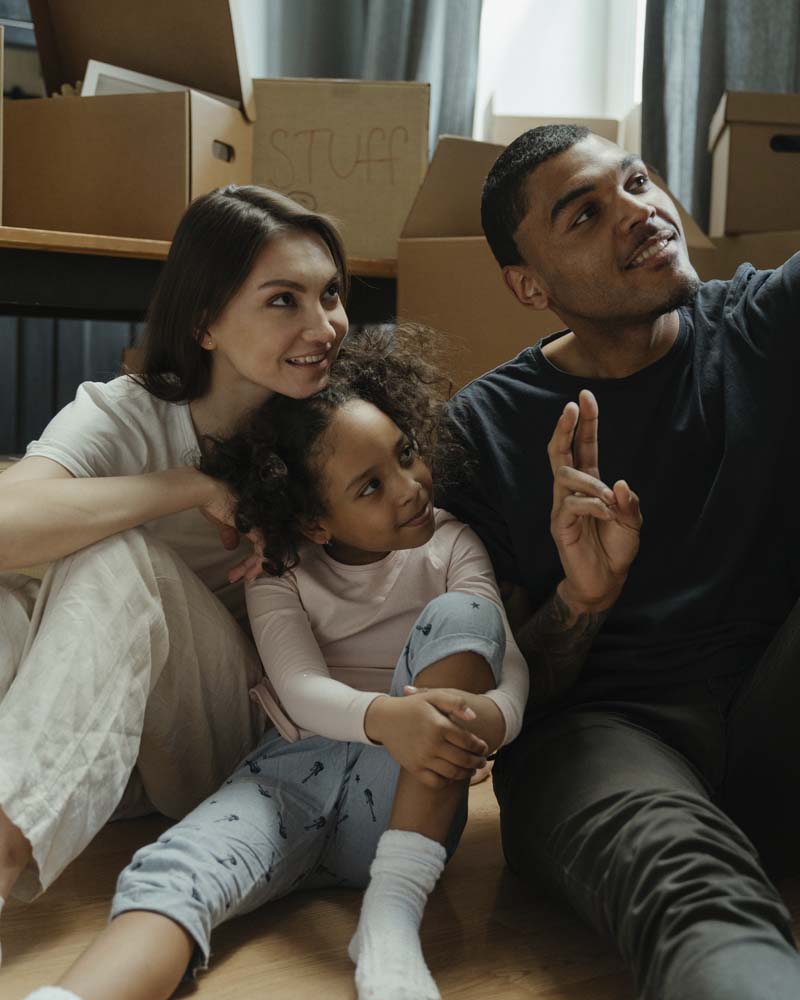Surely family life is supposed to be better than this…
You had a picture in your head of what your family life would look like. There would be family dinners, time spent enjoying each other’s company, having fun together, open communication. You’d be a close-knit, connected family who supported one another.
Then there’s reality. There’s yelling, arguing, fighting and conflict. The phrase, “Well that escalated quickly!” never had so much meaning.
You’re not sure why, but your school age child is acting out left and right, one teen is snarly and sarcastic and the other, sullen and sulky, walks in and heads straight upstairs to her room. Your spouse is disengaged, checked out from it all, leaving you alone to deal with all that is happening.
You’re right, it’s not supposed to be this way. Having said that, you’re not alone. Many families experience problems of disconnection, conflict, and disharmony that they can’t seem to resolve. The harder they try, the worse it gets.
Families are under enormous stress these days.
It’s a stressful world, and that impacts every family member differently. And if your family has experienced any number of these stressors, it’s likely you could use some help:
- A family member with a mental health crisis, such as depression, eating disorder, or substance abuse problem
- Divorce, remarriage, blended family situation
- Death or illness in the family
- A move to a new home or location
- A child or adolescent having difficulty coping with life
- Resentment, poor communication, misunderstandings


